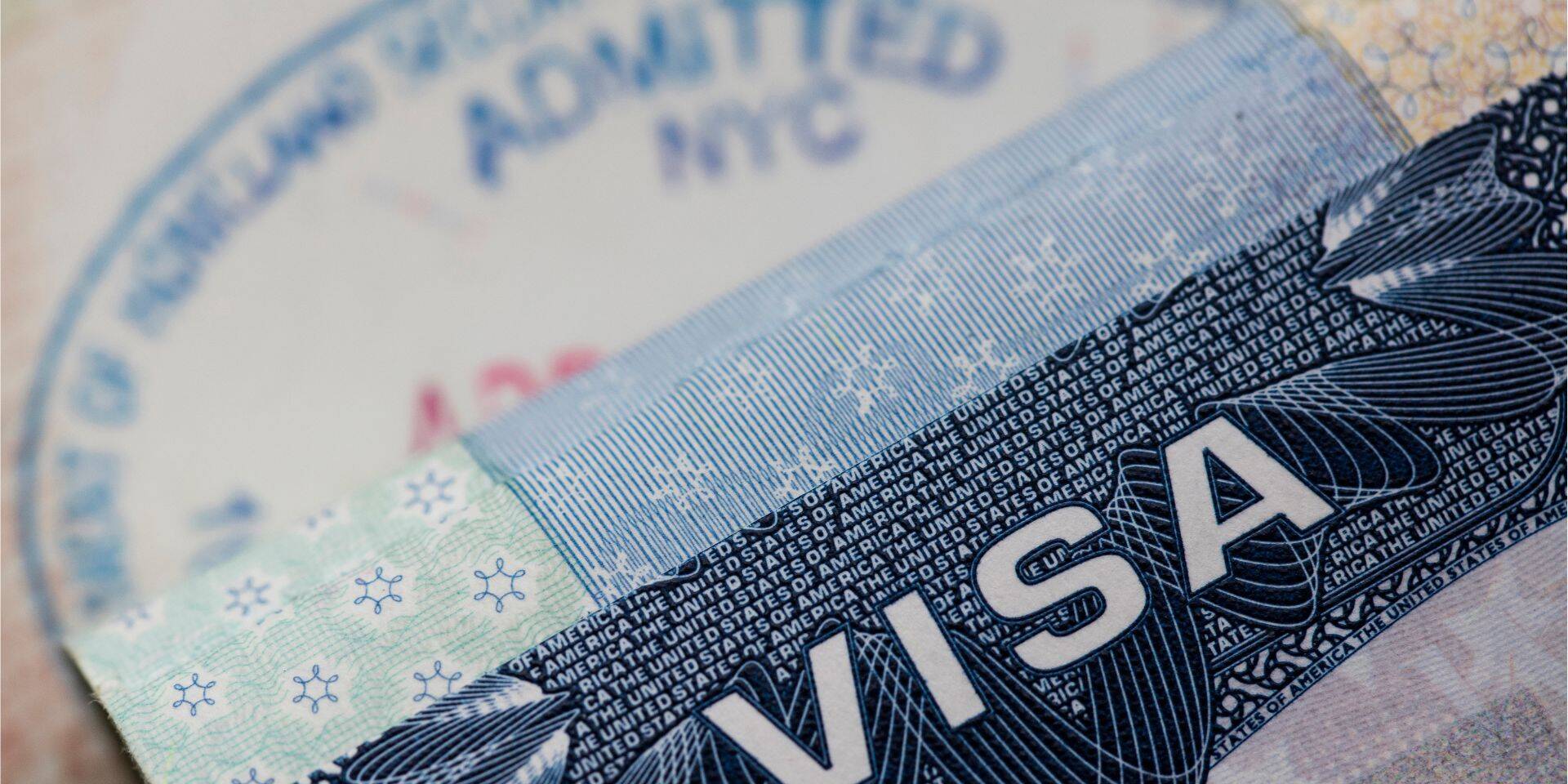A study from the National Foundation for American Policy, a nonpartisan research group, found the U.S. would greatly benefit by expanding work authorization for spouses of H-1B visa holders. The study found that H-1B holders’ spouses typically are also highly educated and skilled. This could greatly benefit the U.S. in terms of accessing an existing source of skilled workers.
The study looked at data from the 2017 and 2019 National Survey of College Graduates. They found only 27% of foreign-born spouses who earned a minimum of a bachelor’s degree and are on a dependent visa in the U.S. are actually employed. Of those that are employed, nearly 40% work in STEM-related fields.
Currently, spouses of H-1B visa holders can apply for work authorization while waiting for a permanent visa. However, the U.S. Department of Homeland Security changed the regulations in 2015, making it far more difficult to receive that work permit. Per DHS requirements, spouses with a dependent visa, an H-4 visa, can apply for employment authorizations if their spouse holds an H-1B and has an approved immigrant petition. Optionally, spouses can apply for employment authorization if the H-1B holding spouse extends their status past the six-year limit, with the employer filing for permanent labor certification, which has been filed for a minimum of one year. Changing the work authorization for H-1B dependent spouses could have a very positive economic impact in the U.S.
DHS is urged to reconsider its current policy, with an eye to making it easier for qualifying foreign workers to receive employment authorization. U.S. Citizenship and Immigration Services (USCIS) estimates a six-month backlog to process most requests for work permits.
U.S. Customs and Border Patrol started noting work authorization on the entry records of some foreign executives’ spouses, valid immediately upon entering the U.S. However, this is a small portion of those who fall under the dependent visa category.
The study further found that 90% of holders of temporary dependent visas are female and generally from India and China. Similarly, 90% of spouses have a minimum of a bachelor’s degree. Over half have an advanced degree, like a Masters. As such, foreign-born spouses of H-1B holders often retain their own visas, separate from the H-4 dependent visa and related employment authorization document.
In December 2021, a group from the U.S. House of Representatives called out the damaging economic effects of the work authorization delays for H-4 and L-2 visa holders. The majority of these individuals are highly educated women, per the research group, and work in STEM fields. Without work authorization, families are faced with challenges without a second income.
If you have questions about your work authorization as an H-1B or L-1 dependent spouse or any other immigration-related issue, contact us at ILBSG. Our extensive experience ensures you get the right advice for your particular situation.
Related Posts
May 15, 2025
Federal Judge Denies Granting Nationwide Relief for F-1 Visa Students
A federal judge placed an injunction on…
May 15, 2025
Sixty-Five Percent Rejection for FY2026 H-1B Visa Cap
Registrants for the FY2026 H-1B visa…
May 14, 2025
June 2025 Visa Bulletin: Modest EB-2 and EB-3 Movement, Slight F-4 Movement
The June 2025 visa bulletin will see…



